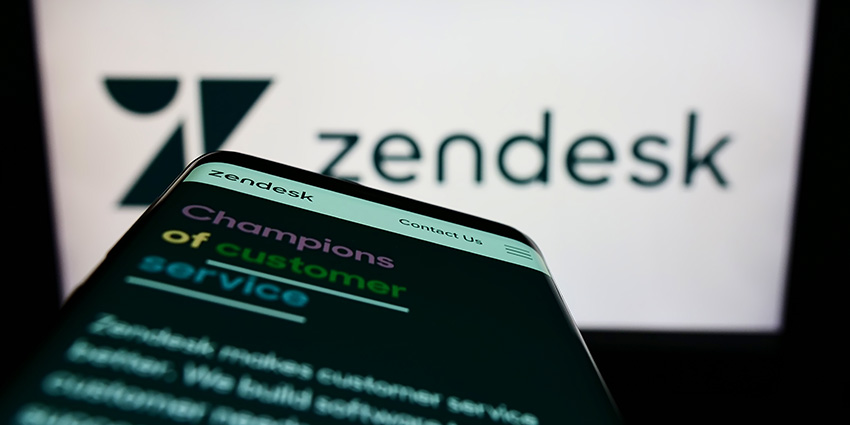Zendesk is exiting the sales CRM business, closing down its Sell product on August 31, 2027.
Customers will continue to have full access to the Sell product until the shutdown date.
As Zendesk noted in a web post, the move will help channel all its attention toward transforming the customer service stack.
“This change allows us to focus even more deeply on what we do best – helping businesses like yours deliver exceptional customer and employee service,” noted Jennifer Chang, VP of Product Development Program Management and Operations at Zendesk.
By concentrating our efforts on service, we can move faster, innovate more boldly with AI, and build solutions that make a bigger impact for your teams and your customers.
To help customers make the transition, Zendesk has set up a native integration with the Pipedrive sales CRM so they can export their data from Sell.
Similarly to Zendesk Sell, the sales force automation solution helps customers visualize their pipeline, manage leads, and automate the sales process, while generating reports with AI in a single workspace.
Zendesk Is Primed to Go All In on Customer Service
Zendesk has a massive global user base that leverages its customer service CRM. But until recent years, it struggled to answer: what’s next?
In 2018, it expanded into providing a broader CRM platform by releasing Zendesk Sell, but never went all-in to channel Salesforce, Microsoft Dynamics, and others across all CX functions.
From there, it moved to acquire SurveyMonkey to expand into voice of the customer (VoC) solutions, but the deal ultimately broke down.
Shortly after, it went private and brought in former Genesys President Tom Eggemeier as CEO.
He then pulled Zendesk back to what it does best: customer service.
With now almost as many people who had been Genesys execs on its board as Genesys, it has since bought a cloud contact center platform, expanded into workforce engagement management (WEM), and launched its Resolution platform.
How Zendesk Is Reimagining Customer Service Experiences
Eggemeier shared his vision for the future of customer service in a recent interview with CX Today.
During the interview, he stated: “Five years from now, it’s definitely going to be more automated… I think it’s going to be more proactive. It’s going to be more personalized. And you’re going to start blurring these lines because everyone’s going to be focused on how do I create lifetime value, retention, and satisfaction with my customers, employees, and the businesses that I serve.”
Eggemeier acknowledged that “there is a little bit of a hype cycle” when it comes to integrating AI into contact center operations. But, he added that the technology is more than a passing fad. The CEO continued:
It is going to fundamentally change the way you provide customer service or employee service, whether it’s business or consumers. It is going to fundamentally change your work and the nature of work.
This will present challenges as voice is seen as the most natural interface for human communication and is at the forefront of AI advancement, especially with the rise of autonomous agentic workers in contact centers.
However, as AI-powered voice assistants take on more responsibilities, potentially even to the point of interacting with other digital agents on behalf of customers, questions arise around how they are monitored and how systems ensure accountability and human escalation when things go wrong.
“We’re preparing ourselves and our customers for that future and that eventuality today. So, rather than buying a point solution that is boxed out, we’re laying the foundations so that our customers can grow on the journey,” summarized Jonathan Barouch, VP & GM of Zendesk for Contact Center.







